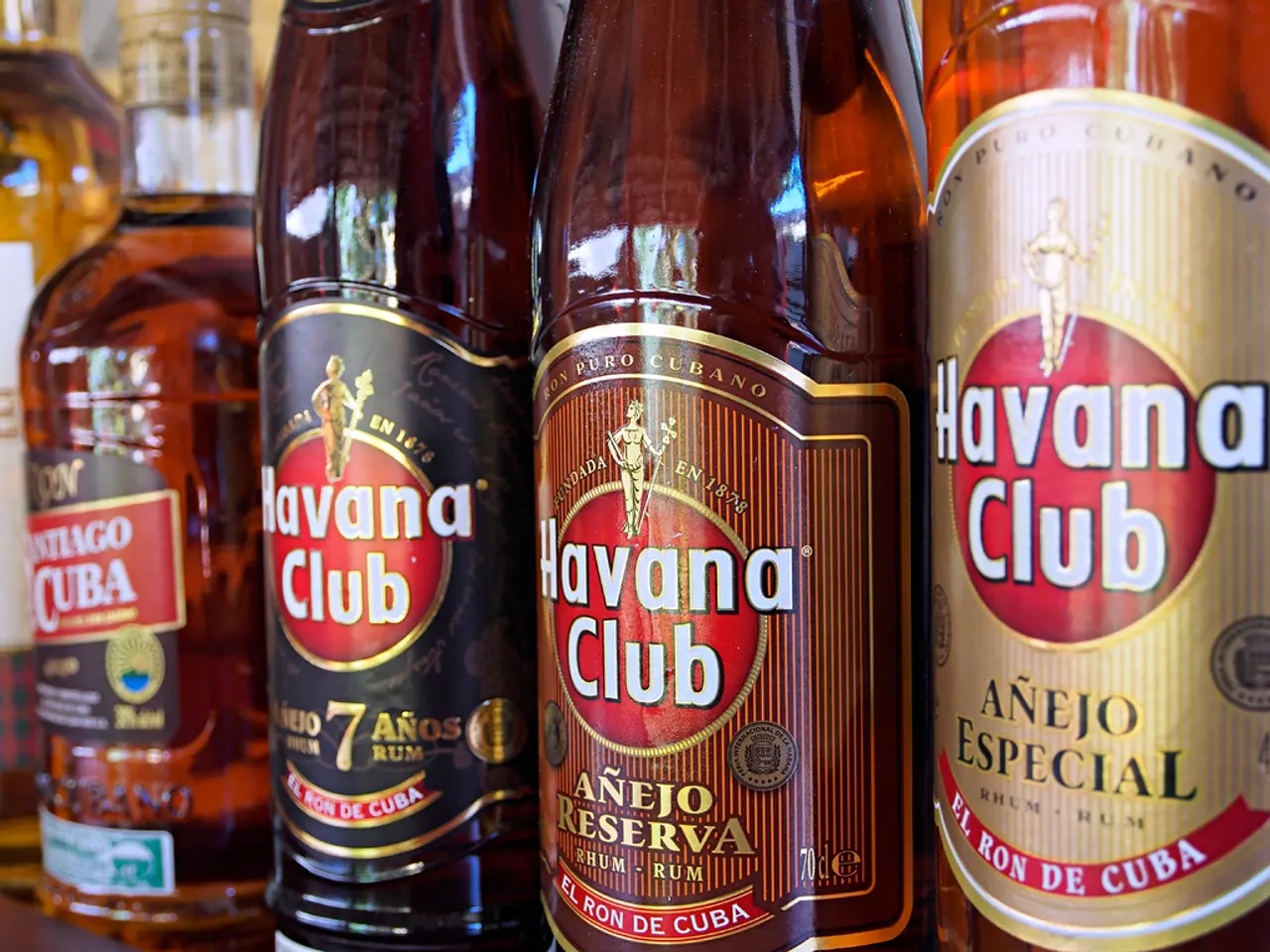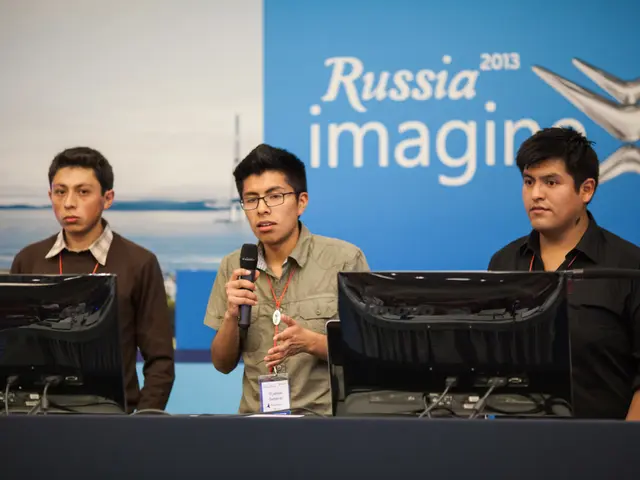Cannabis-Laced Brews Available on Draft: Three States Now Offer Draught Cannabis Beverages
THC-infused beverages are making a splash in the world of alcohol and cannabis, with establishments in South Carolina, Minnesota, and Wisconsin offering them on tap. One such brand, Pharos, is making waves with its hemp-derived sparkling beverages, each microdosed to contain 5-10 mg THC.
As of mid-2025, THC-infused drinks on tap and cannabis beverages are rapidly gaining popularity and availability in several states. This surge in demand is driven by consumers seeking smokeless, faster-acting cannabis alternatives like sparkling THC seltzers. While traditional states with legal recreational cannabis and medical programs are allowing cannabis-infused beverages to be sold in licensed dispensaries and some bars, regulation remains complex and variable by state.
The concept of THC drinks on tap is emerging, but rollout varies by state due to divergent local cannabis laws and beverage-specific regulations. For instance, in California, businesses must obtain state brand registration approval before selling cannabis or alcohol products, which likely includes infused beverages and potentially THC drinks on tap. Regulatory agencies like Montana’s Cannabis Control Division emphasize strict advertising rules and are improving licensee training for compliance but have not yet outlined specific broad approvals for tap beverages.
Despite the complex regulatory landscape, the cannabis beverage market is expected to continue its strong growth trajectory. Innovations like hybrid blends (e.g., combining cannabis with adaptogens or mushrooms) and advances in technology for faster, more consistent dosing are on the horizon. Market regulators are likely to impose strict controls on packaging, advertising, and licensee practices, alongside newer compliance technologies.
As the sober-curious demographic grows and demand for alternatives to alcohol rises, cannabis beverages, including THC drinks on tap, are anticipated to become more mainstream. However, the regulatory environment will remain fragmented across states with varying timelines for legalization, health and safety standards, and retail models.
Pharos Brands, one of the first companies to offer THC-infused drinks on tap in Wisconsin, is committed to consumer safety and normalization. Co-founder and president, Mary Bernuth, believes a unified federal strategy would make it easier for responsible operators to scale and educate effectively. Bernuth states that a fair model would treat hemp beverages like alcohol, with clear labeling, age-gated sales, third-party testing, and encouragement of safe, social use.
Other brands have debuted weed drinks on draft in South Carolina and Minnesota. Dan Schnabel, taproom manager at Headflyer Brewing in Minneapolis, has moved quickly to offer a THC-infused brew on tap in anticipation of a 2024 law change. The cannabis-infused beverage market is expected to reach $3.1 billion per year by 2030.
In summary, THC-infused drinks on tap are an emerging but still limited product depending on state cannabis laws. The cannabis beverage market is on a strong growth trajectory with innovative product formats, but state-by-state regulation will govern how widely these products can be served on tap versus sold in packaged form in the near future.
[1] Cannabis Business Times [2] Marijuana Business Daily [3] Montana Cannabis Control Division [4] Green Market Report
- As the cannabis industry evolves, finance and lifestyle publications such as Cannabis Business Times, Marijuana Business Daily, and Green Market Report are closely monitoring the growth of businesses offering THC-infused beverages on tap, like Pharos Premium Infused Beverages in Wisconsin, and predicting a rise in their popularity in food-and-drink and business sectors.
- In a fragmented regulatory landscape across states, the cannabis beverage market, including microdosed THC drinks and weed drinks on draft, is anticipated to become increasingly mainstream, potentially serving as an alcohol alternative for the sober-curious demographic, while stakeholders advocate for clearer federal guidelines and consistent health and safety standards.




